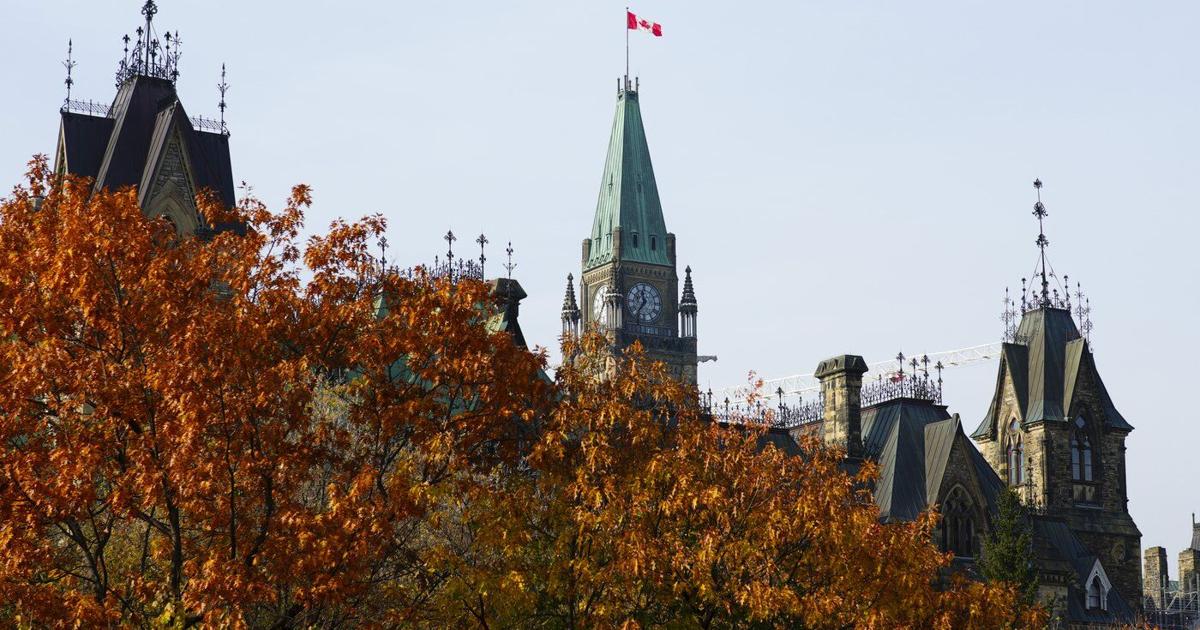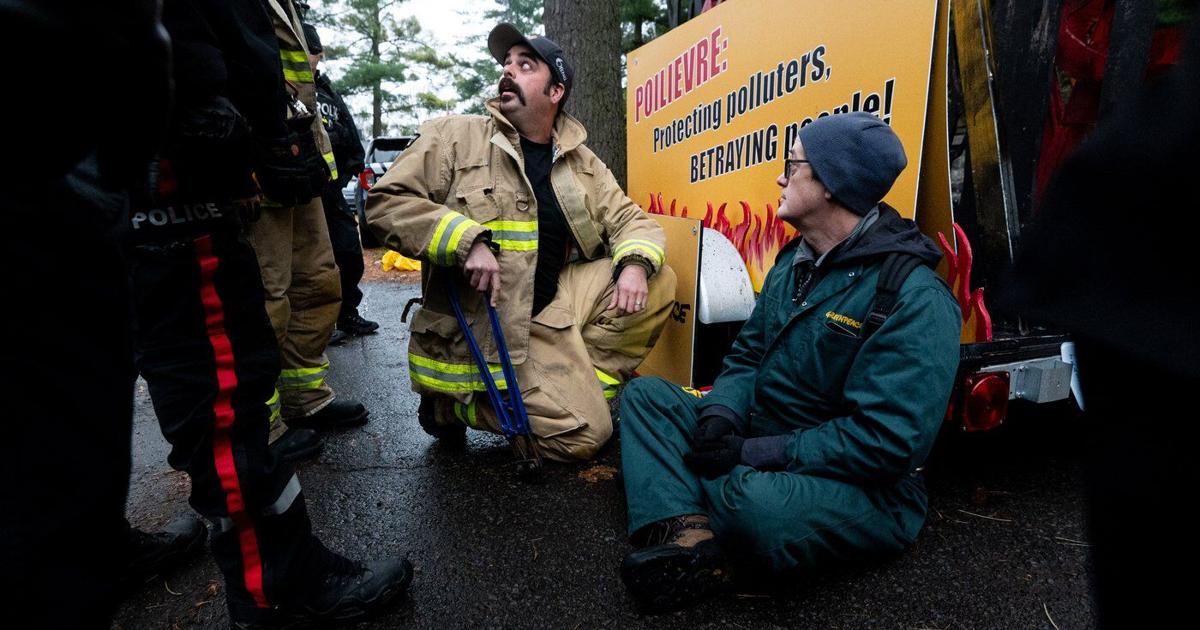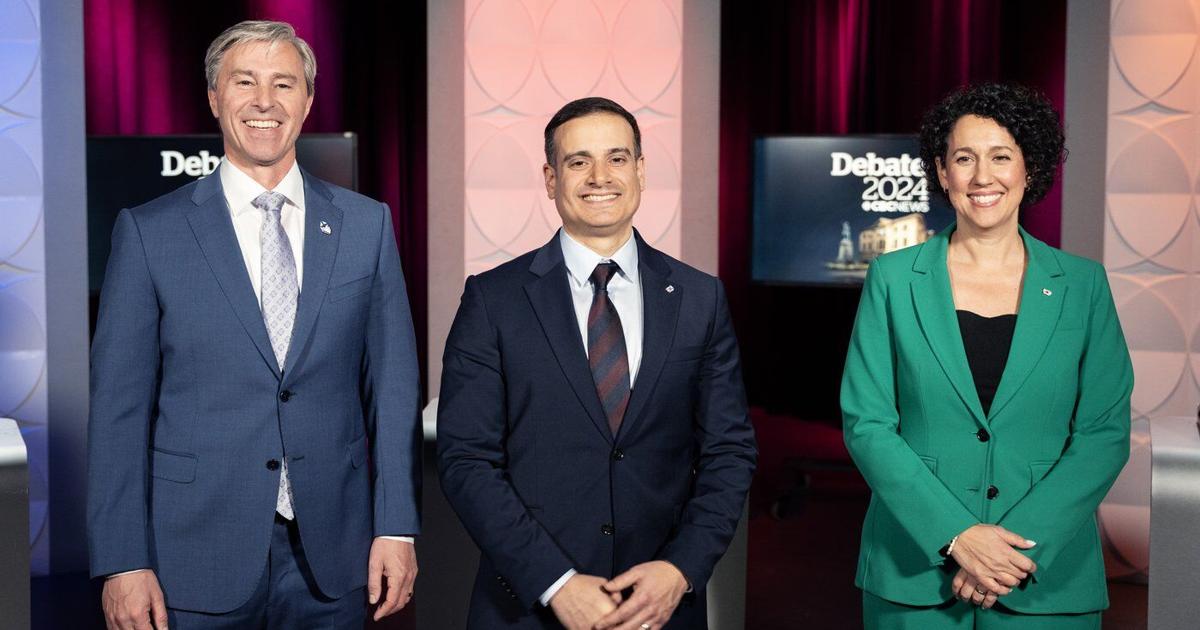Canada has learned its road back to the Rugby World Cup, with qualification for the 2027 tournament via the 2025 Pacific Nations Cup.
And it is a more promising path, restoring hope that the 21st-ranked Canadian men can return to the sport’s showcase after watching last year’s World Cup in France from the sidelines for the first time.
The 2027 World Cup features an expanded 24-team field, up from 20 last year in France.
World Rugby, the sports governing body, said Tuesday the top three teams from next year’s Pacific Nations Cup will book their ticket to the 2027 World Cup in Australia. But given No. 10 Fiji and No. 14 Japan have already qualified, a top-five finish would do it for Canada if Fiji and Japan finish above it.
The field for this year’s Pacific Nations Cup also includes No. 13 Samoa, No. 16 Tonga and 19th-ranked United States.
Should Canada fail to qualify via the Pacific Nations Cup, it will still have two more chances to make the World Cup field, via a playoff with the 2025 Sudamerica Rugby Championship runner-up and, finally, a four-team repechage tournament.
Canada failed to qualify for the 2023 World Cup, the first time it has missed the sport’s showcase, after losing two-legged qualifying series to the U.S. (59-50 on aggregate) and Chile (54-46).
Defending champion South Africa, France, New Zealand, Italy, Ireland, Scotland, Wales, Fiji, Australia, England, Argentina and Japan have already qualified for the ’27 World Cup by virtue of finishing top three in their pool last year in France.
In addition to the three teams from the Pacific Nations Cup, other qualifiers will come from the top four teams from the 2025 Rugby Europe Championship, the 2025 Rugby Africa Cup champion, the 2025 Asia Rugby Championship winner and the 2025 Sudamerica Rugby Championship winner.
Another qualifier will come from a playoff between the 2025 South American runner-up and the bottom team from the Pacific Nations Cup (not including Fiji and Japan).
The final entry will be determined via a four-team round-robin final qualification tournament featuring the third-place team from the 2025 Sudamerica Rugby Championship, the South America/Pacific playoff loser, the fifth-place team from the 2025 Rugby Europe Championship and the winner of a playoff between the runners-up from the 2025 Rugby Africa and Asia Rugby championships.
The 2023 World Cup was the first to feature three South American teams in No. 6 Argentina, No. 17 Uruguay and No. 22 Chile. The region now has its own direct qualifier spot rather than competing with Canada and the U.S. for the Americas 1 and 2 spots.
Qualifying is scheduled to be concluded by the end of 2025, meaning the World Cup field will be known ahead of the 2027 tournament draw, slated to takes place ahead of the 2026 Six Nations championship.
The new World Cup format feature six pools of four teams, with a round of 16 added before the quarterfinals. World Rugby says that means the tournament will be shortened from seven to six weeks.
“This qualification process is on the side of growth and sustainability for the game as a whole,” World Rugby chairman Bill Beaumont said in a statement. “We are fully committed to respecting the fundamental principle of expanded opportunity, and the blend of existing regional competitions, new cross-region competitions and a final qualification process reflects that ambition as well as the desire to deliver teams on merit.
“Providing certainty to the unions in pursuit of the Australian dream will help teams fine tune their preparations and provide fans with an exciting road to Rugby World Cup 2027 next year where all places will be up for grabs.”
Canada opens play in the 2024 Pacific Nations Cup on Aug. 25 against Japan at B.C. Place Stadium in Vancouver,
—
Follow @NeilMDavidson on X platform, formerly known as Twitter
This report by The Canadian Press was first published Aug. 12, 2024.
























